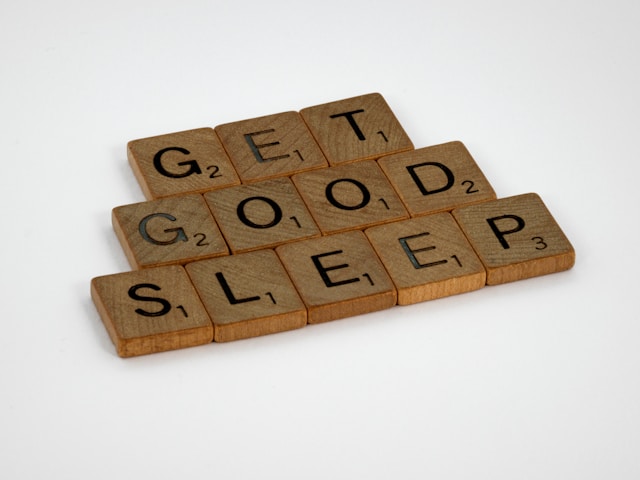
There’s nothing better than a good, long snooze. And yet, many of us aren’t getting enough sleep. In fact, 4 in 10 Australians aren’t getting good-quality sleep regularly enough, impacting our concentration and mood.
We might complain about early morning alarms and commutes to work, but these actually aren’t the reasons we’re not getting enough sleep.
In this post, we discuss the power of sleep and a few top strategies for restorative sleep and improved health:
Why is restorative sleep so important?
Sleep doesn’t just affect our mood or concentration; it plays a large role in other areas of our wellness, too. Lack of sleep has been linked to serious health problems including heart disease, high blood pressure, diabetes and other conditions.
Restorative sleep is thought to keep the immune system strong, as well as helping to control appetite and weight management. It also promotes better concentration, mood, memory and learning.
How to get a better sleep
Need to catch a few more Zs per night? Here are some key strategies for enjoying a better, restorative sleep:
- Limit alcohol and caffeine consumption
It’s often said that alcohol makes you sleepy, but what it actually does is disrupt your sleep cycle and lead to a poorer-quality sleep. Consider limiting your daily alcohol consumption – it won’t just improve your sleep, but your health overall, too. Caffeine and nicotine are stimulants that are known to disrupt sleep, so consider limiting or cutting these out, too. - Have a consistent sleep schedule
Consistency is key to seeing results in most things, including sleep. Most of us need between 7-8 hours of sleep to feel well-rested. Going to bed and waking up at the same time every day, including weekends, can help to reinforce your sleep schedule and program your body for sleeping. - Set the mood
Set the mood for restorative sleep. Avoid using your phone 30 minutes before bed, swapping out scrolling for reading you book. Keep your room cool, dark and quiet, or use a fan to generate calm white noise. Breathing exercises, taking a bath or doing meditation before bed are also some favourite ways to set the mood for sleep. - Avoid napping
Daytime napping only gives low-quality sleep which interferes with deep sleep at night. Avoid napping if possible. - Increase exercise
Increasing physical exercise during the day, and spending more time outdoors, can also improve your sleep.
Want to wake up feeling refreshed and energised after a restorative sleep? Follow these tips and get in touch with Luke Clarke – Melbourne’s leading naturopath. Luke Clarke is a practitioner of functional medicine and naturopath in Melbourne who has treated countless patients with sleeping issues. Combining science and naturopathic philosophies, Luke Clarke cares about your health and works alongside you to improve it. Contact Luke Clarke for a 10-minute free consultation today.